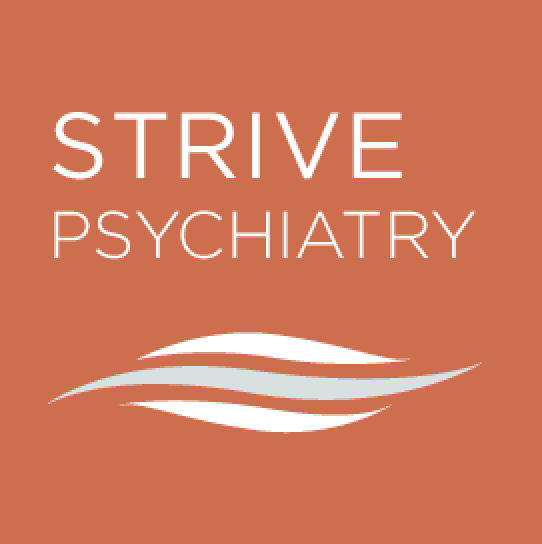Behavioral addictions are conditions where an individual craves to participate in a harmful habit despite the consequences. Behavioral addictions include:
- Gambling addiction
- Compulsive shopping addiction
- Sex and pornography addiction
- Food addiction
- Gaming addiction
- Social media addiction*
Having an addiction like this can cause serious problems in all aspects of life, from personal relationships to physical health. Many of those with a behavioral addiction are unable to recognize that there is a problem with their actions. Because of this, the large majority of people with these conditions do not seek professional help even though they are highly treatable.
*It is important to note that behavioral addictions are separate from substance addictions (alcohol, drugs, etc).
